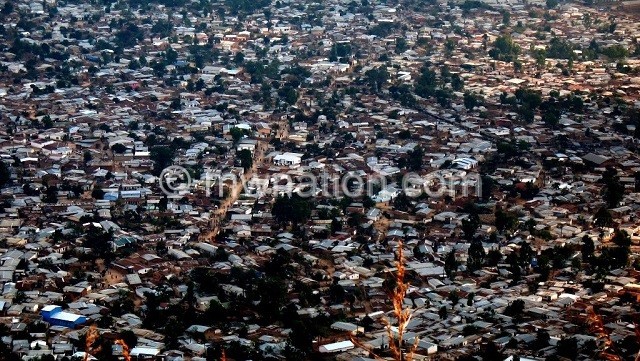Malawi misses out on urbanisation gains
Malawi is yet to fully optimise gains associated with population shift from rural to urban areas, the 2019 April National Urban Policy (NUP) report shows.
Instead, the NUP argues that urbanisation has resulted in environmental, economic and social changes which do not advance, but in some cases, negatively affect livelihood and the growth of the economy.

The policy document, produced by the Ministry of Lands, Housing and Urban Development, observes that rapid urbanisation coupled with weak capacity among the lead urban development institutions, is responsible for uncontrolled urban growth and increased urban sprawl and inefficient land management.
“Past national development strategies in Malawi have largely viewed urbanisation as a constraint to development rather than an opportunity that needs to be harnessed.
“As a result, national development policies have focused on rural development as an end in itself and to reduce rural to urban migration,” reads the policy in part.
Among others, the policy prioritises socially inclusive urban development resource mobilisation.
Malawi Habitat III Report of 2015 puts Malawi as one of the most rapidly urbanising countries in the world, currently at five percent per annum, while the United Nations Department of Economic and Social Affairs 2018 indicates that the share of national population residing in urban areas has increased from 6.4 percent of the national population at independence in 1964 to 10.1 percent in 1987 and estimated at 17 percent in 2018.
On the other hand, projections by the National Statistical Office (NSO) indicate that 30 percent of the population will be urban-based by 2030 and 50 percent by 2050 with the major drivers of urbanisation being high natural increase and rural-urban migration.
Former secretary for Lands, Housing And Urban Development Janet Banda, in a statement accompanying the policy, said that availability of adequate technical expertise for urban development as well as financial resources is key to the successful implementation of the policy.
“NUP will provide an opportunity to improve the way our cities and human settlements are planned, developed and managed so that urbanisation in the country’s cities and urban centres can be sustainable.
“The successful implementation of the policy will depend on the improved coordination within the sector with all stakeholders committed to working with government,” she said.
To meet Malawi’s international commitments, the policy is aligned to the UN New Urban Agenda; Agenda 2063: The Africa We Want, Sustainable Development Goals (SDGs); Sendai Framework and the United Nations Framework Convention for Climate Change that reflect the aspiration of the nation to have sustainable urban development through the implementation of the Malawi Growth and Development Strategy (MGDS) III.
The World Bank ealier urged Malawi Government to plan ahead to maximise benefits arising from urbanisation, saying rural to urban migration is slow in the country compared to other African nations.





